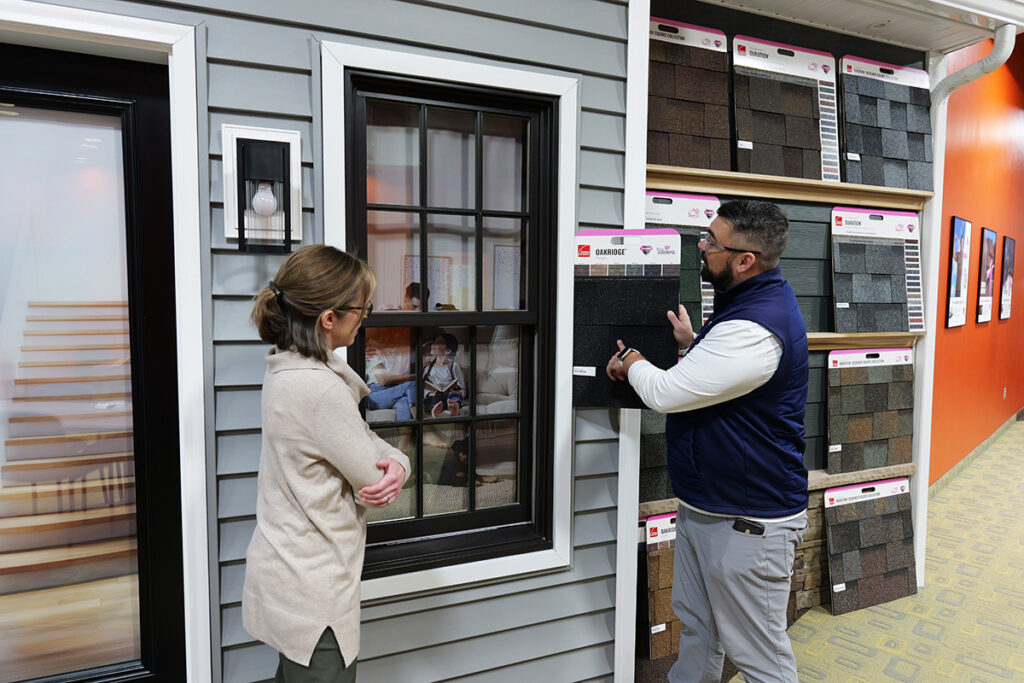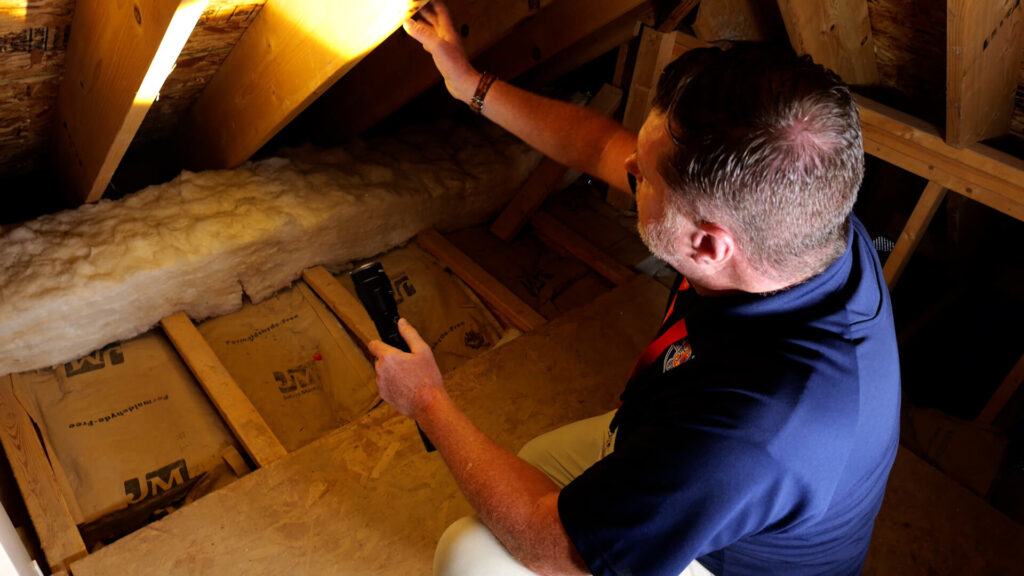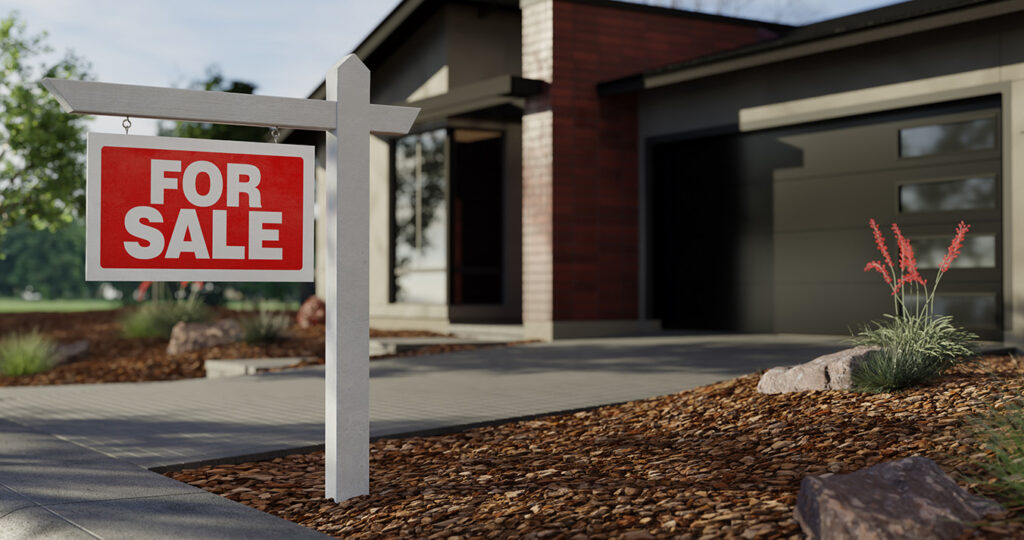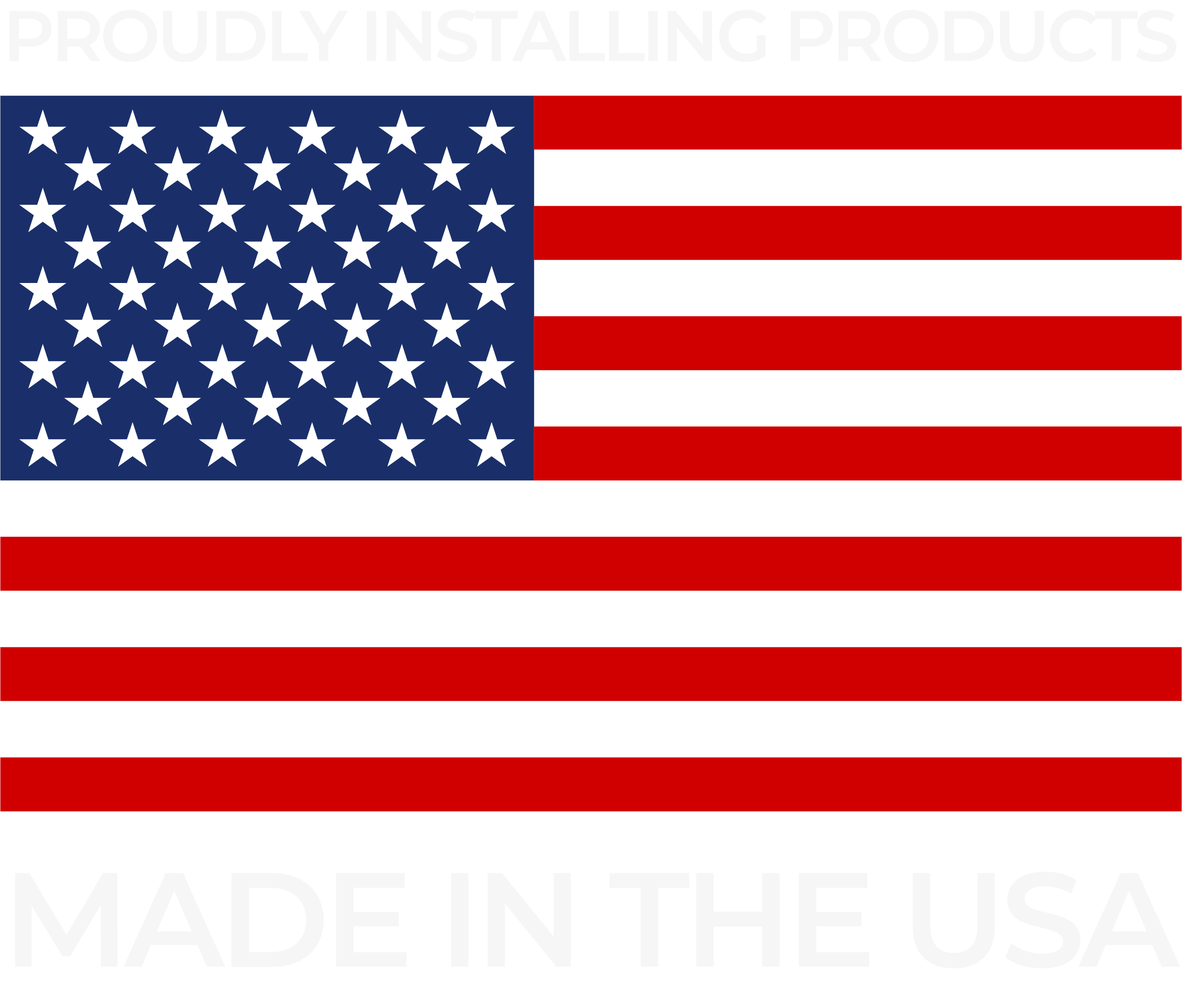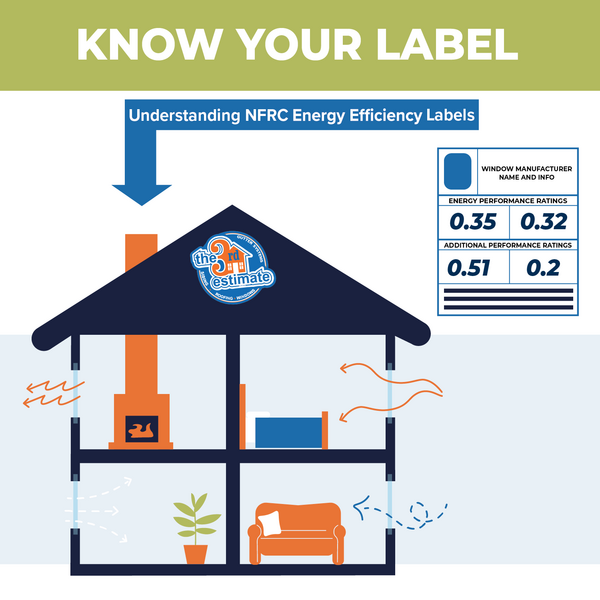
Investing in energy-efficient windows is more than just a marketing ploy. There is actually substantial evidence supporting the financial benefits they provide. When it comes to replacing your windows, opting for energy-efficient options can lead to long-term savings while offering additional advantages.
The benefits of energy-efficient windows
If you noticed a steady increase in your electric bills, it may be time to consider replacing your windows. Investing in energy-efficient windows not only saves money in the long run but also protects residents from external elements. By reducing energy consumption, these windows contribute to lower electric bills and help decrease greenhouse gas emissions.
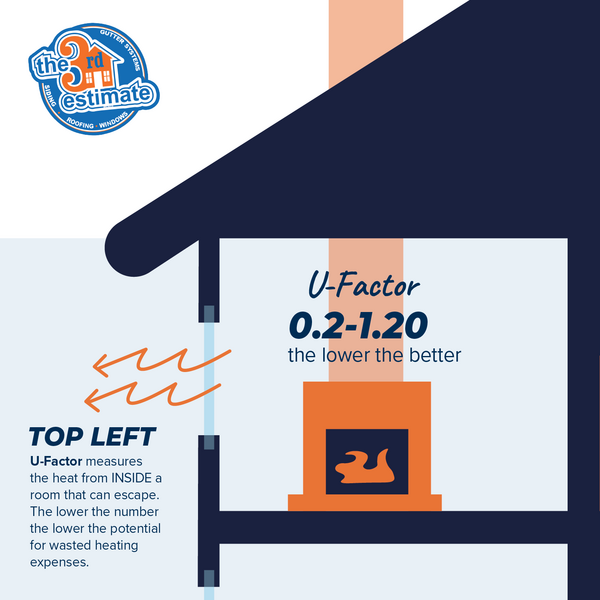
Additionally, energy-efficient windows are well-insulated, preventing air from flowing in both directions. So, their benefits extend beyond cost savings. The improved insulation provided by energy-efficient windows creates a more comfortable indoor environment, better maintaining conditioned air. These windows also serve as effective sound barriers, enhancing the comfort of your living space by reducing outside noise.
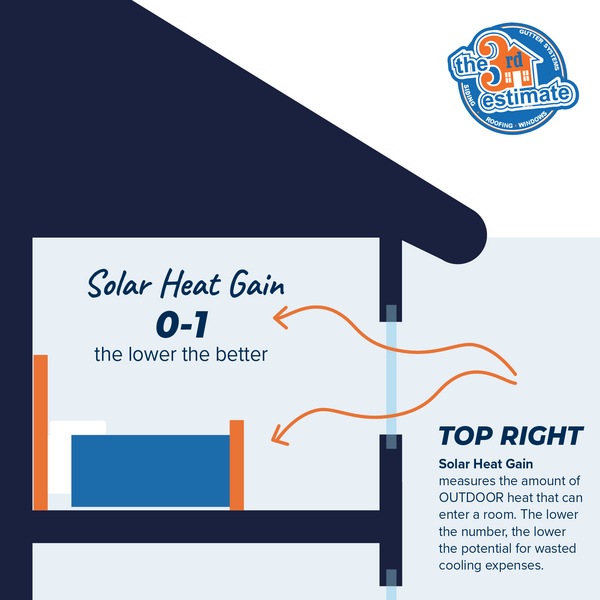
While replacing all windows can be a significant investment, the U.S. Department of Energy supports the notion that the long-term benefits of improved thermal comfort, reduced energy usage and cost savings make window replacement a smart choice. According to their analysis, energy-efficient windows can save homeowners 7 to 15 percent on annual energy bills, amounting to approximately $71 to $501 per year, depending on location and the type of window being replaced.
Other considerations for improved efficiency
Before installing windows, it is crucial to evaluate the existing window frames in your home thoroughly. The type of window frame material plays a significant role in determining the overall performance and effectiveness of energy-efficient windows.
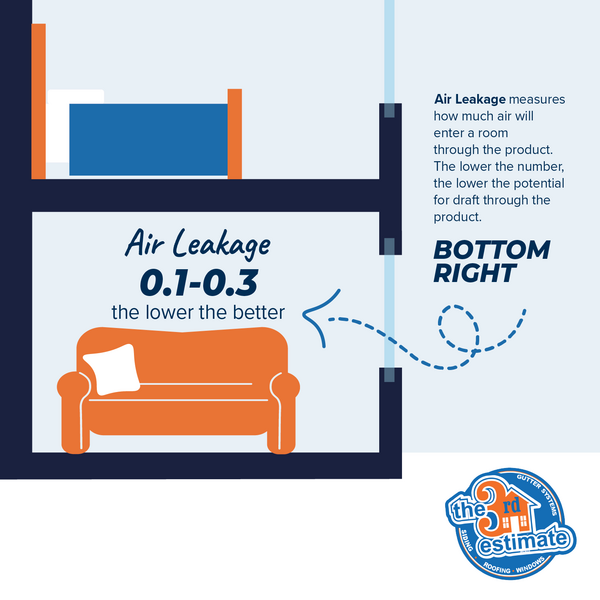
One material that requires careful consideration is aluminum frames. While aluminum frames are lightweight and durable, they possess properties that can compromise the performance of the windows. One such drawback is their high heat conductivity. Aluminum is a metal that readily conducts heat, which means it can act as a pathway for heat transfer between the interior and exterior of your home. This can result in increased heat loss during the winter and heat gain during the summer, leading to energy inefficiency and higher utility bills.
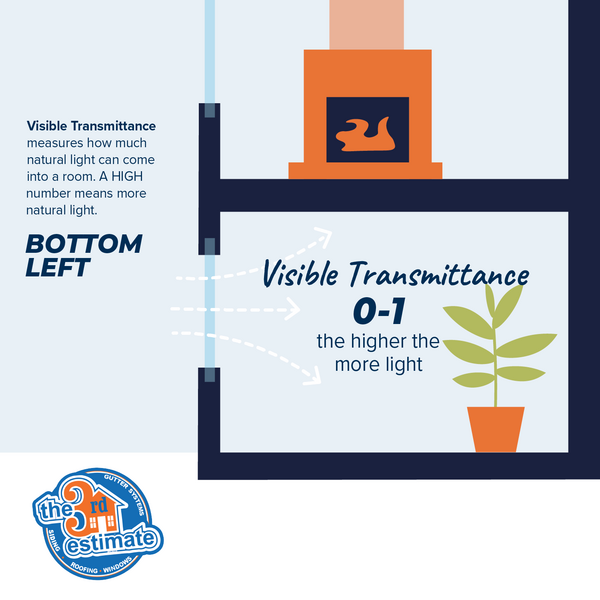
Furthermore, aluminum frames have poor insulation properties. Unlike other materials like wood or vinyl, which offer better insulation, aluminum frames do not effectively resist the transfer of heat and cold. This lack of insulation can allow air to easily pass through the frames, leading to drafts and reduced energy efficiency in your home. These factors can result in compromised comfort levels and an increased reliance on heating or cooling systems.
In conclusion, when it comes time to replace your windows, seriously consider the environmental and financial advantages of energy-efficient windows. By reducing energy consumption and providing increased comfort, these windows not only contribute to a greener future but also save homeowners money over time. Make a wise choice by opting for energy-efficient windows and enjoy the long-term benefits they offer.

